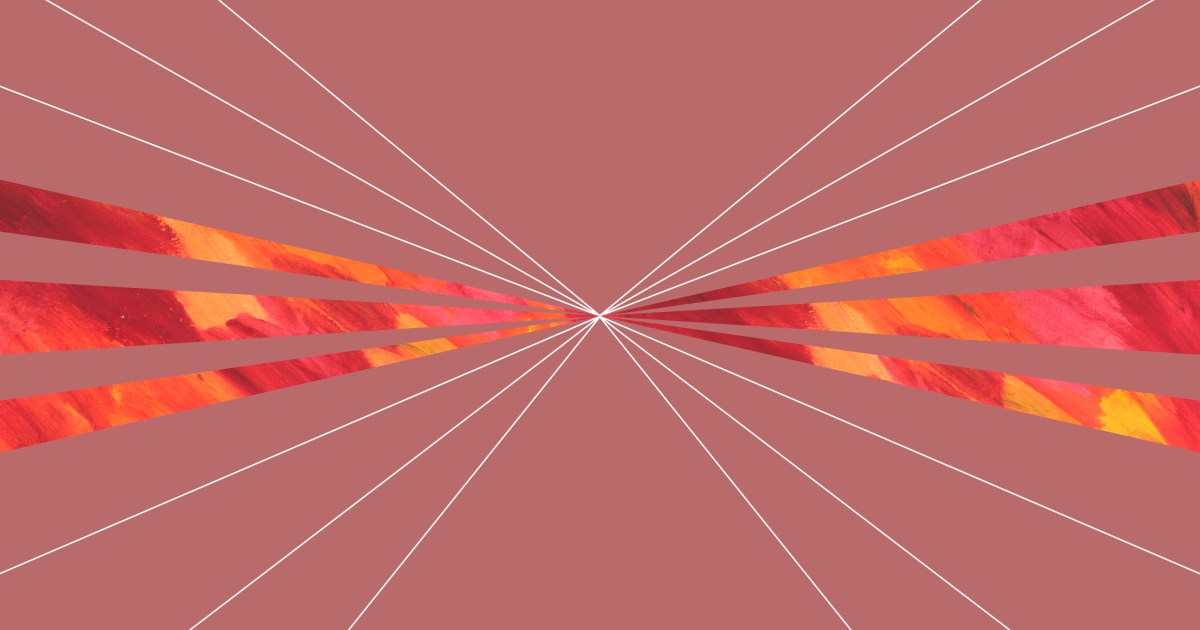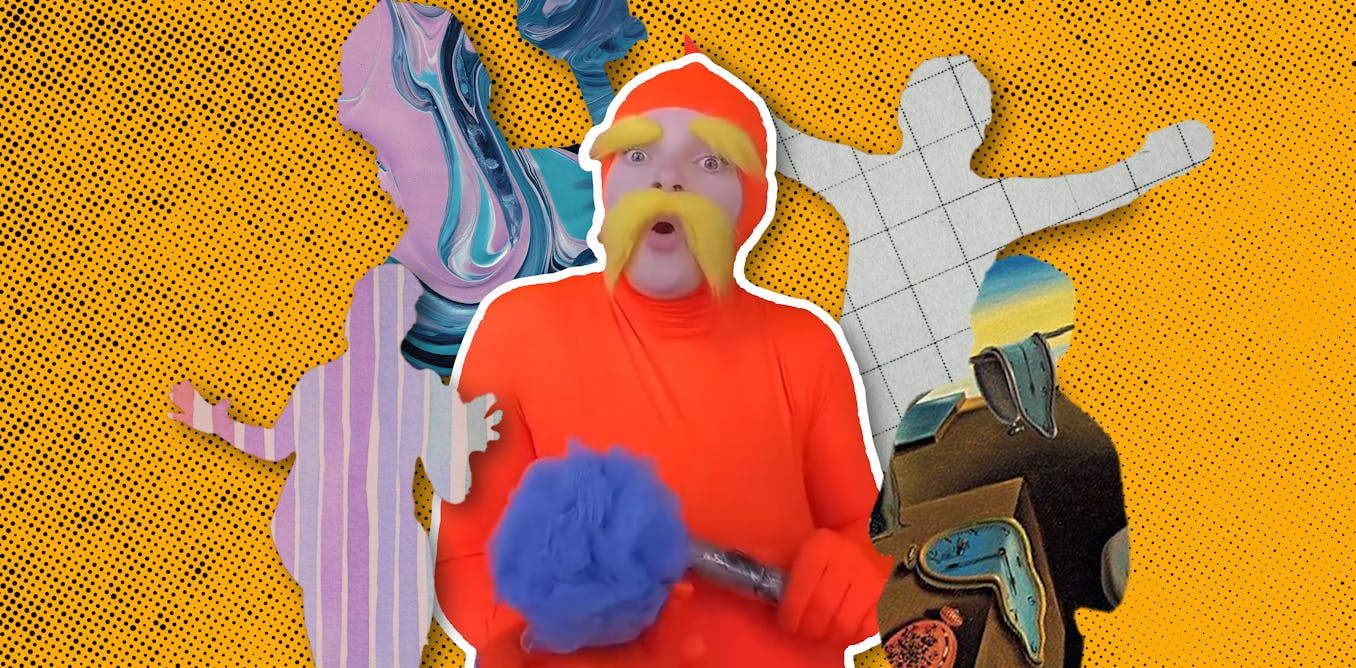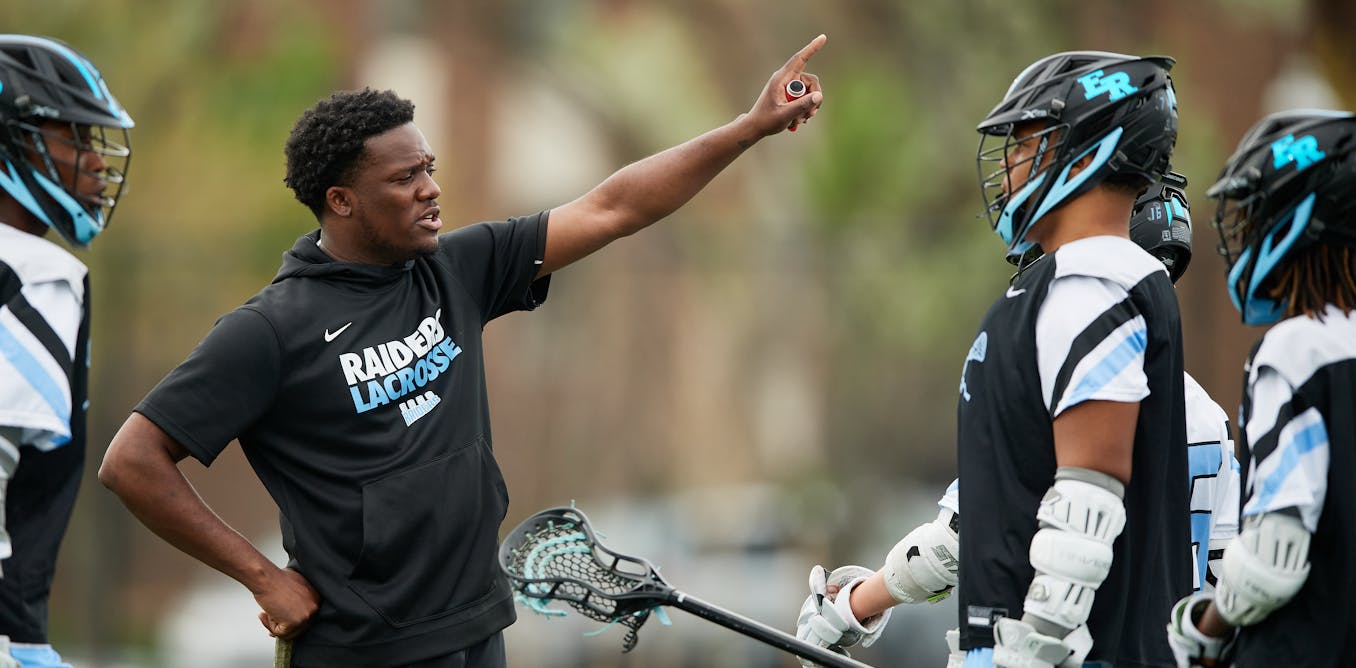For most of rap music’s history, homophobic language – whether in lyrics or interviews, coming from artists or executives – was completely acceptable. (On more than one occasion in the ‘90s, I left a sitdown with a major rapper feeling an implied f-slur in my direction). Of course, it wasn’t only rap – offhand queerphobia was ubiquitous in mainstream culture.
Major progress has been made since then, yet (as with culture at large) recent years have seen a palpable backslide in the discourse, even as we’ve enjoyed increase visibility for trans and gender-nonconforming persons. High-profile people engage in nonchalant trans erasure, misuse pronouns, promote stereotypes and freely drop the f- and t-slurs – and defend their right to do so.
So for an artist previously seen as male to announce they identify as nonbinary, and begin presenting in a genderfluid way, it’s a big deal. That’s what Tyler Brooks — the 23-year-old rapper, singer and producer who records as skaiwater — did early last year in an understated, matter-of-fact post. It was something they needed to do, and they received massive support from fans – clearing the way for skai to move forward and get back to making music with as few boundaries as possible. On Friday (June 14), the result arrives: gigi, a thrilling mashup of flavors and styles that is sweet, raw, open, funny and soulful. It’s the sound of musical and personal liberation.
Since they first began posting music in their late teens, as a kid of Jamaican heritage living in Nottingham, England, skai has been a work-in-progress. During their early years (which produced nearly 30 singles and EPs), they created melodic trap with an emo bent. But 2022 proved to be both a commercial breakout, with the TikTok-fueled success of “#miles” followed by “eyes” and the full-length rave — as well as a pivot from rap toward more club-ready sounds.
gigi doubles down on that move. An exploration of “different pockets of Black dance music” is how skaiwater has described the inspiration for gigi. While the LP is certainly danceable, it might also be described as future soul. That’s especially true of the opening track, “real feel,” and sparkling recent single “wna torture me tn?” on which skai’s Auto-Tuned vocals are nearly blown-out and married to classic ‘70s soul. “Play” is a sugary standout recalling the PC Music collective; “richest girl alive” feels primed for half a dozen remixes; and “choke” offers dancehall vibes and a lyric about “the dark side.” The album even features a verse by Lil Nas X, a longtime friend and champion, on “light!”
“Back in 2018 skai was the first artist to work with me,” Montero posted when the track came out. “So this a real full circle moment. And i’m so excited to watch her grow as a musician and a person!”
But unlike Lil Nas X, skaiwater is not spoiling for a crusade. “gigi is not a coming out,” clearly states the bio for the new album. skai is simply living their life honestly in Los Angeles, their home since April 2023. And for the last year, they’ve been accompanied by Biggi, an adorable caramel-colored cockapoo who’s featured on eight single covers and gets a cameo in the ”light!” video.
While Biggi dozed by their side, skai opened up to Billboard about their influences, musical pivots, online commentors who have a problem with nonbinary individuals, Lil Nas X and more.
Congratulations on this beautiful record. I liked rave a lot too, but I feel like you’ve made another step forward. Unlike rave, where you had to be back in England for months after its release and maybe you weren’t able to support it in the way you would have liked, gigi seems different.
It definitely feels different. Honestly, I feel like the past couple of weeks I’ve started to feel like it’s the first time where I’ve woke up and learned what I was supposed to be doing as an artist, every day. Not just creating, but also getting the music heard. It definitely feels completely different than when rave came out. Rave was me letting the world have its way with what I was doing. [laughs] So I definitely wanted to be intentional and strategic about how I was putting out music this year.
That last album also marked a real musical shift for you into more dance-oriented music, with “#miles” and “eyes.” Do you feel like gigi is yet another change?
I honestly don’t feel like gigi is as much of a pivot as I took with rave. Rave was really my first time experimenting with a full project of something outside of rap. I was trying to make a dance album. But I think with gigi it was just taking restrictions off of myself and just opening the doors more to what I can create as an artist.
In a statement you said gigi was “inspired by different pockets of Black dance music, asking myself how I could elevate the genre in my own way.” Can you expand on that?
When I was younger, at least, I grew up around a lot of garage music, bassline music, drum & bass, that’s what I was around when I was super young, when it came to Black dance. At least in that space, in Nottingham. And then when I started traveling out here, I saw like the Philly scene, like house; the New Orleans bounce scene; and the Chicago house scene too, and just how Chicago paved the way for house music. And I felt like there was a connection and community when it comes to a lot of those scenes. It showed me how similar things can be even when they’re so far away.
It’s funny you should mention Philly because while it is a club record, there are places, like “wna torture me tn?” and “princess” and the opener “real feel,” where it reminds me of a space-age take on old Philly Soul, like 1970s O’Jays, Stylistics type of thing. Those artists weren’t on your radar of influences were they?
The O’Jays were, for sure. When I first started the project we were going through a lot of different soul references, R&B influences. Even from before, when I started rave, I started honing into that side of my sh-t, because that’s what I always really wanted to do. I have always been a melody person, a writing person.
You’ve many times cited Kanye West as being a musical influence, and that is still apparent. What hasn’t gotten as much attention is that going back a few years you’ve also mentioned Mary J. Blige, Alicia Keys, Beyoncé, SZA…
Mm-hmm.
And that’s interesting to me that people didn’t pick up on that because honestly, it’s not every day that a young – I’m gonna use the word “male,” because I think that’s how you were perceived at the time —
It’s okay. Yeah, I mean, socialized as a male, growing up, for sure.
But for a young male artist to cite women in R&B as influential. In 2019, you even had an EP called After God Fear Eve. I mean, hello? If the idea of you saying you were nonbinary made some people’s jaws drop, I don’t know – maybe they weren’t paying attention, a little bit?
At all, bruh! [laughs] And that’s one thing that’s maybe been a shock for the past year and a half, people really just must not have been paying attention. It shouldn’t be that much of a surprise. But honestly, I think you’re right – maybe you pick on it more, but I’ve definitely got a lot of that early soul and R&B influence from my mother, and her side of the family. And, I think maybe me, not knowing the verbiage, but me identifying as a nonbinary person from very young – I think a lot of men just feel like it’s feminine to like R&B.
And regarding the feminine, or nonbinary, energy embodied in gigi. As I understand it, that name refers to the goddess Gaia?
So, when I started the project, I was starting a project called Gaia. And just my initial reason for it, before I started on any of the music, just a balance between masculine and feminine energy. Being a male-presenting artist in rap, but also playing on that line, I was naming the project after Gaia, which is a goddess of earth [in Greek mythology]. So, as it evolved into whatever it is, we now just kind of ended up with gigi. “Gigi” is kind of a nickname for that, and I just kind of for the era of the music that I am making and putting out.
While the melodic, emo trap of your early years has given way to much more of a dance orientation, one thing that hasn’t changed is that Auto-Tune remains your friend.
[laughs] Yes.
But here on gigi it’s to the max, almost like your vocals are willfully buzzy and blown-out at times. It’s really striking, and cool.
I feel like I had to go back to a lot of my early influences. And I think a part of that was punk, maybe not punk music, but the punk sentiment. The way I’ve been mixing recently, I am trying to make sure that I am staying on my own pivot. I feel a punk sentiment is important just to art in general, but also just to keep it running through my music. I mean, as you say, Auto-Tune is my friend, but it’s definitely a creative choice. I feel like I could hold my own without it.
You new bio makes a point of saying “gigi isn’t a coming out” but rather an opening up to new artistic possibilities.
Yes.
And lyrically, in fact, it’s more these images of fraught relationships, with you on either end. The specificity of some lines – “I put that bitch through hell, I put that b-tch through college” or “F–k would you burn my sh-t for no reason?” or “Take my money, send me to my f–king grave” – sound like you have one person in mind.
Relationships definitely mean a lot to me. They’re a big part of my life. I think I can be on the good and bad end of the stick, but I’m definitely overly self-aware and emotional, so I will definitely put whatever I’m going through into the music. And yeah, I feel like all my music refers to an individual, for sure.
So, one individual? Was there a muse for this record?
Well…no I wouldn’t say every song on the new record is. I wouldn’t say that. But there is definitely an individual in mind for every song.
You told Rolling Stone that operating as a nonbinary artist in a more alternative space, things are freer but also leaves open the possibility for the “mishandling of messages”?
Yeah. I feel like just things can be misconstrued, or taken the wrong way, very easily these days.
Misconstrued in terms of image? Like you put out a picture or video of yourself looking more feminine and everyone has an opinion on it?
Yes, and that’s what I’ve had to realize, bruh. It’s that you kind of have to just let things fly. You can’t control how people feel. But my identity, at least from a public perspective, very much just comes from my everyday life. I don’t feel like I’ve ever had to amplify it or do too much. I feel like if anything, two years ago I was at my home, feeling like, “People don’t know just straight-up who I am!” kind of thing. A lot of the moments that have helped me grow the most have just been me documenting me, being myself.
So you don’t ever feel the need to correct people or be like, “No, this is what ‘nonbinary’ is…”?
No, because I can’t control it. I mean there’s eight billion people on earth, the majority all have internet, we all have opinions. We all grew up different ways, learning different things, around different people, seeing different things that we’re never all gonna feel the same. But no – I just don’t have the energy. Nobody in the world has the energy to convince eight billion people of who they are. They can just be themselves. I feel like that’s the best you can do.
Recently I actually think there’s been a been backsliding from the progress that had made over time. Fans might get pressed because Carti appears to be wearing a thong, or people going after Dwyane Wade for supporting his trans daughter. How does a nonbinary artist navigate that world?
You know what, bro? I mean, it’s definitely something that is prominent in the space. But I’ve never been one to care about how people feel about me. You know what I mean? At least from an ignorant perspective, ‘cause I can recognize ignorance. If someone is just ignorant and that is why they don’t f–k with me, well then, just stay over there, kind of thing.
You seem able to let that sh-t roll off of you, a lot.
Yeah ’cause there’s more to me than – I don’t know bruh, it can seem serious, or it can seem very silly, you know, ’cause it’s the internet — and life and humans and opinions. People always are going to feel something. For me it just feels like it’s an easy thing for people to be upset about. People are always going to feel some way, and find some reason to like or dislike something. And yes, it’s wrong. But I think we as humans are to blame for our miseducation. And I feel like a lot of issues we have come from a fear of the unknown, and just miseducation, or not seeing, meeting or knowing. And that’s speaking to all different types of people. Whether it’s a race thing, a gender thing, a sex thing.
You’ve known Lil Nas X for a long time now – he features on “light!” and he’s obviously one of the most entertaining, no-f–ks artists on the planet. Not to conflate being nonbinary with being gay, but has Montero’s approach and attitude in any way offered a blueprint for you? Or – maybe there is no blueprint?
Yeah, I wouldn’t say “blueprint,” ‘cause I feel like we do think differently, but the journey I’ve watched him go on, I definitely have learned from him. I don’t know if there is a “blueprint” kind of thing. I’m just trying to create.
Different artists seem to have different ways of dealing with their own journeys.
A hundred percent. We’re all human beings. I think what you were saying about the back step in progress – I think progress takes longer than we think it does. And I think seeing different types of queer artists – especially in this space – I think it helps people understand we’re not just one group. We’re all just – everybody is just literally people.

The post “Skaiwater Talks Online Ignorance, Lil Nas X & Making Their Soulful, Danceable New Album” by Joe Lynch was published on 06/14/2024 by www.billboard.com





































